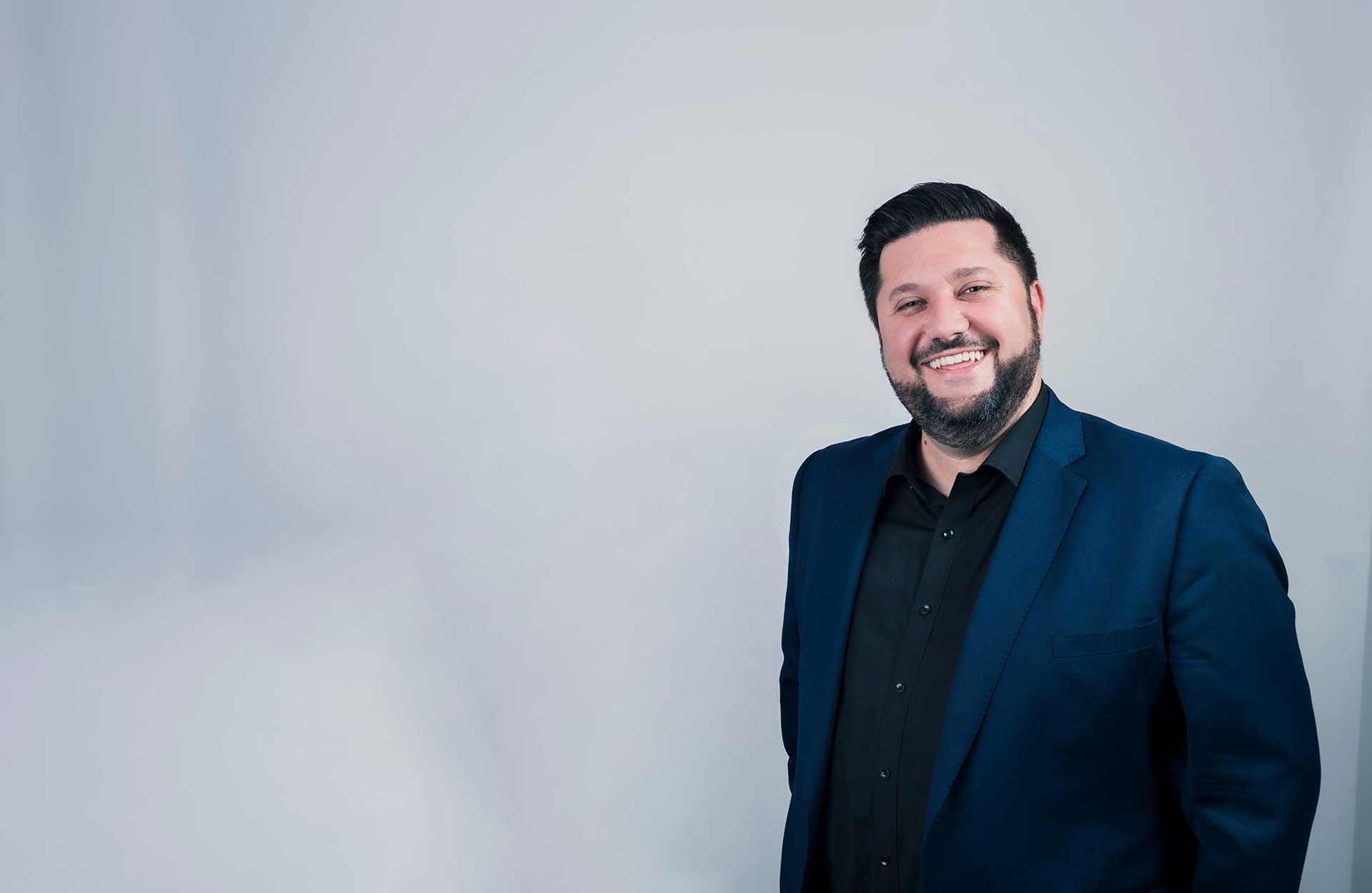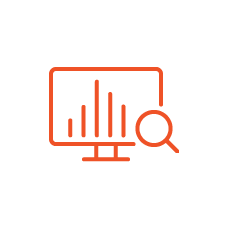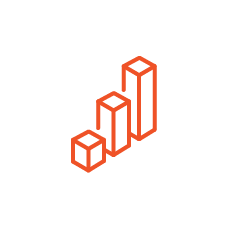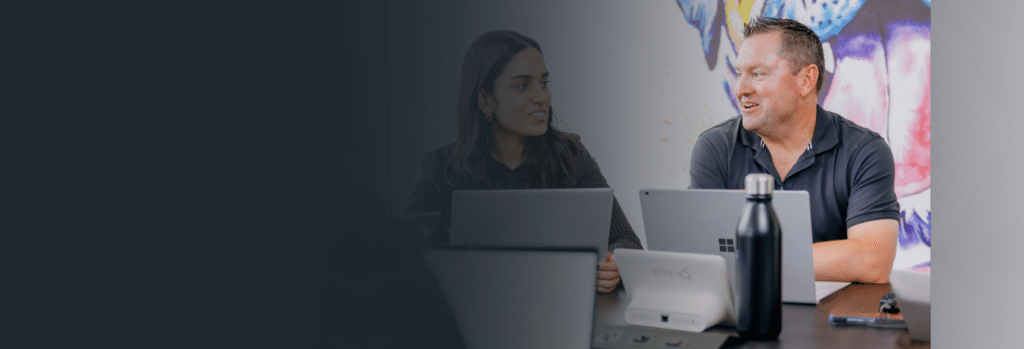What was your first job?
In high school, a couple of friends and I set up a micro-business, building computers for friends and family. I wouldn’t go so far as to call it entrepreneurship but it was an early experience of operating commercially, dealing with suppliers and customers and managing customer satisfaction. When something went wrong, you had to go and fix it – there was no one else! It wasn’t a steady job but you could make a lot of money – we were profiting $1000 a machine back in 1992. Alas, those margins eroded rapidly as more manufacturers piled into the market and when it got to the point people would happily sell a PC and make $50, we decided it was too much work for the return.
How did you get started and progress in IT?
My uncle was high up in IBM in the 1980s and being the recipient of his cast off PCs piqued my interest as a boy – I loved tinkering with them and upgrading them to make them faster and better. After a stint in retail sales, I got into the wholesale components market. Then, because I was ‘in computers’, people I knew started asking me for help setting up networks for their businesses and getting them going on the internet. I really enjoyed that, so I decided to make the jump into a more consultative role. That set me on the path to where I am today. The tech stack has changed enormously but the basic principle remains the same – understanding people’s business goals and challenges and helping them achieve them, through the use of technology.
What has been your biggest business mistake, and the lessons you’ve learnt from that experience?
We made the shift from hardware and services reseller to MSP 10 years ago. My biggest mistake was not having enough robust governance and planning around that transition. We jumped in, boots and all, and just started doing it but, over time, it became evident we’d underestimated how challenging it would be and how much time and capital it would take. Tecala had some really hard times as a result and the lesson that taught me was to have a robust advisory function. We’ve since amassed a board of directors, people who have strong experience doing some of the things we aspire to do over the next few years, and their counsel is invaluable.
What are some of your plans for the company in the coming months?
At the moment, we’re actively engaged with all of our customers, to help them clarify their plans for 2021 and beyond. Post-COVID, there will be challenges and opportunities for all businesses and, I believe, an economic boom when conditions stabilise. We know there are going to be winners and losers and we’re spending time with our customers to make sure they have systems in place that will allow them to take advantage of the opportunities and be well placed to grow.
Earlier this year, we were honoured to be recognised as Australia’s top-ranked Mid-market Managed Service Provider in the annual MSPmentor 501, the world’s first, largest and most comprehensive survey and ranking list in the IT Channel. In addition, MSPmentor 501 ranked Tecala among the top 100 managed service providers worldwide. This accolades puts us in a winning position for the future.
What are some of your biggest ambitions, personally and professionally?
Tecala reached the end of its last ‘Olympic three year plan’ earlier in the year. Happily, we took home a lot of gold during that time! I want to see us continue to scale and grow over the next three years and expand our capabilities. Our core business in managed cloud, infrastructure and user support services along with a comprehensive, as-a-Service practice for data protection and disaster recovery is very strong and established. At the same time, there are significant opportunities for us to go into new areas. We’re working with customers on that and it’s exciting. Personally, I’m looking to achieve more balance in my life – more time with my daughters and on my hobbies. Tecala has reached a stage of its lifecycle where that’s now a realistic thing.
What has been the best piece of advice you’ve ever received?
I’ve had lots of advice over my career and taken on bits and pieces of it but the insight that’s resonated the most came from Alex Lopez, who passed away last year. Alex was one of our directors, one of my mentors and a great friend. He liked to talk about the concept of having a backpack – I don’t remember where he got it from – and finding out whether the people you met, as you progressed through life and business, were going to put more into that backpack, or take things out to lighten your load. That has stayed with me. When I’m dealing with someone or making a decision, it bounces around in the back of my head. I find myself thinking, ‘is this person wanting to help me go forward, or are they someone who expects me to do everything?’. The people you surround yourself with make such a difference. Having a circle of load lighteners is a gift because, unfortunately, people who want to put load on are in good supply!
Read the full story here.














